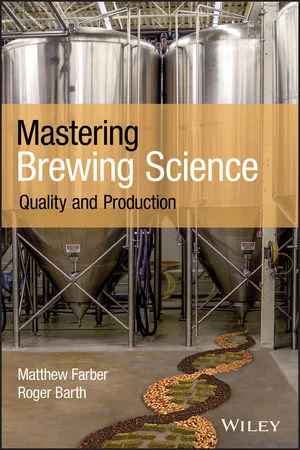PepsiCo, PBG and PAS reach a deal
PepsiCo, Purchase, N.Y., announced today that it has reached definitive merger agreements with The Pepsi Bottling Group Inc., Somers, N.Y., and PepsiAmericas, Minneapolis, under which PepsiCo will acquire all of the outstanding shares of common stock it does not already own in its two largest anchor bottlers. PepsiCo will acquire the bottlers for $7.8 billion, and says it expects $300 million in annual pre-tax synergies based on greater cost efficiencies and improved revenue opportunities.
PepsiCo raised its offering price for both companies from its original offer in April, ultimately offering $36.50 per share for PBG and $28.50 per share for PepsiAmericas. Shareholders in the two bottling companies will be given an option of cash or shares in PepsiCo common stock.
PepsiCo Chairman and Chief Executive Officer Indra Nooyi said in a statement: “PepsiCo has had a constructive partnership with PBG and PAS over the past 10 years. While the existing model has served the system very well, it is clear that the changing dynamics of the North American liquid refreshment beverage business demand that we create a more flexible, efficient and competitive system that can drive growth across the full range of PepsiCo beverage brands. Our shared culture, strong operational leadership and ability to successfully integrate operations — in this case operations we know very well — should allow us to bring the businesses together quickly and seamlessly.
“The fully integrated beverage business will enable us to bring innovative products and packages to market faster, streamline our manufacturing and distribution systems and react more quickly to changes in the marketplace, much like we do with our food business,” she added. “It will also make it easier to leverage ‘Power of One' opportunities that involve both our beverage and food offerings, and for PepsiCo to present one face to retail customers. Ultimately it will put us in a much better position to compete and to grow both now and in the years ahead.”
PepsiCo cited a number of benefits it expects to realize by consolidating its two largest bottlers, including: faster decision-making based on the consolidation of 80 percent of the North American beverage volume; the ability to offer more compelling bundles across food and beverage, and provide enhanced national customer service; cost benefits due to the consolidation of its manufacturing networks; greater flexibility in deploying multiple go-to-market systems to tailor distribution by channel; and elimination of redundant costs to leverage scale efficiencies.
Looking for a reprint of this article?
From high-res PDFs to custom plaques, order your copy today!




